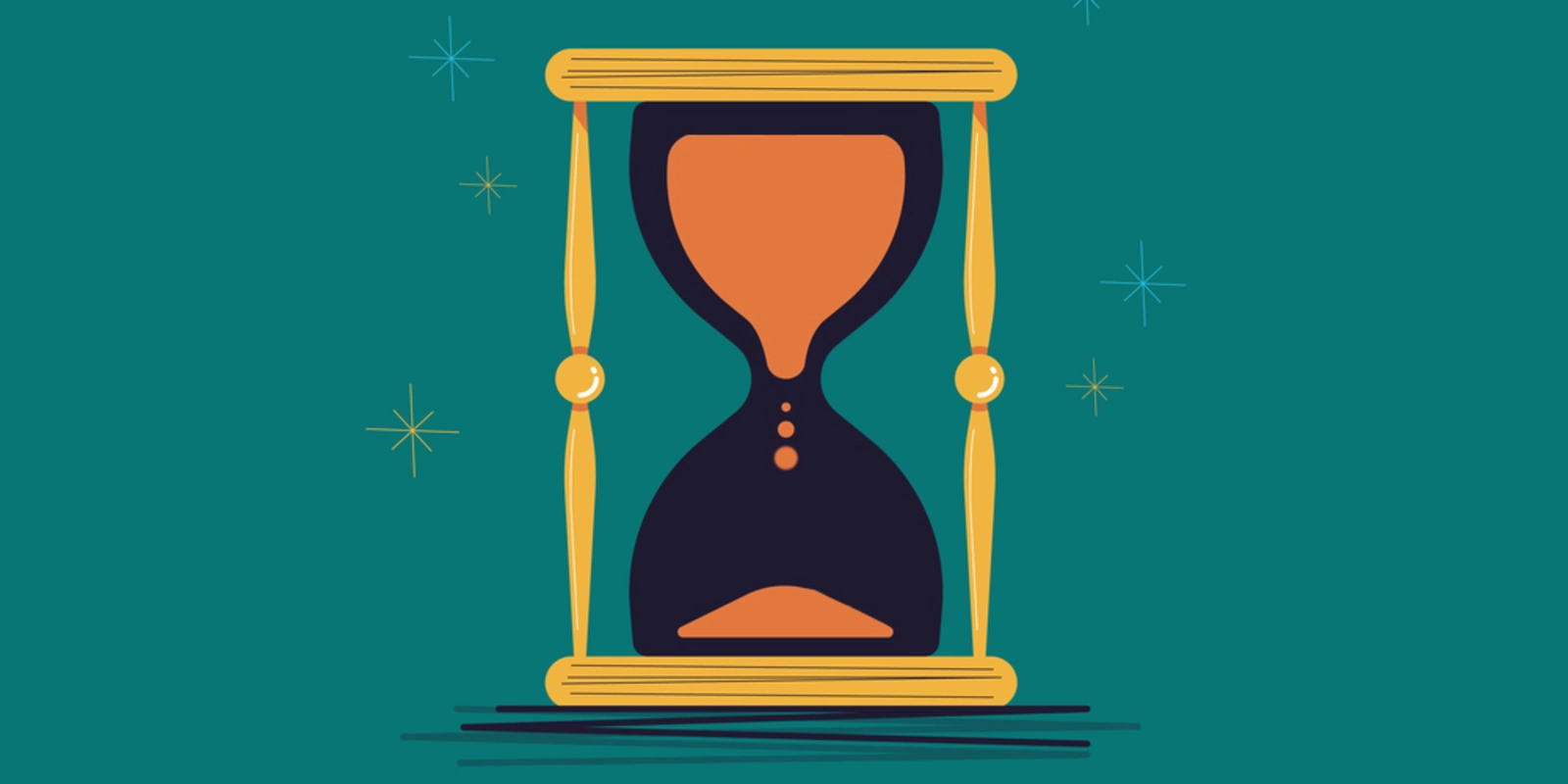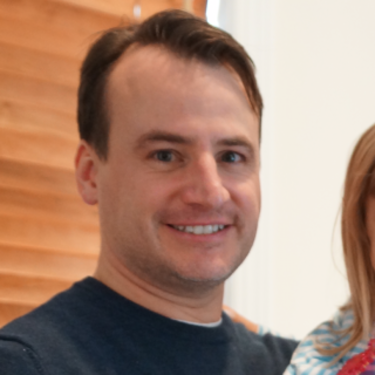Time governs our lives from our first breath to our last gasp. We measure our lives with time, distances to travel to loved ones, and the tedium of days until we graduate, get promoted, retire. We “just don’t have the time” to devote to hobbies, exercise, or teach. We experience, but do not understand the flexible, capricious nature of time: that it will be fleeting when we love our place in it, but seemingly last forever when we await its end.
I have always been interested in time. I now have numerous wristwatches and clocks around the house that measure time, some better than others. I show up at least 15 minutes early to meetings or practice depriving my own time to cater to the time of others. I set my watch by the atomic clock, and hope, if anything, that my watch’s time is a bit fast, because too slow is unacceptable.
When I worked in surgery, my time was rarely my own. I showed up early to linger by the lab desk, to get the results of morning labs before they were posted to the patient’s chart. Then, I could show up with a few minutes in my favor to communicate my exceptional management of time to my superiors, who would then display theirs to their superiors, and so on. My watch was my heartbeat, my measure of both my achievements and my obsession to adhere to a strict schedule.
Time took on a different meaning when I had my first daughter. Suddenly time meant showing up to daycare before it closed. It was the line in the sand when I renegotiated contracts and decided what was the most important factor in my life. There was a little girl, held in the arms of her daycare worker, waiting for me in the empty parking lot. It was the day that I started looking for another role.
I was lucky. My wife, a colorectal surgeon, understood time, perhaps much better than I did. We made a list of pros/cons and decided that being on-call was no longer an option for me. What else did I want to do? I did some soul-searching and realized that I didn’t want to give my daughters the experience that I had, with a father who came home late, left before I woke up, and rarely paid attention to my life. My daughter (soon-to-be daughters) was my priority. Not the answer that would ensure a place in the incoming medical or PA program, but an answer that was honest.
Time, you see, is rarely our own. We are beholden to our schedules, our patients’ needs, and our quest to find a life/work balance. Things rarely progress on an optimal schedule, and we fight to find a few minutes of solace and peace. We arrive at our bedtimes flustered, thinking “Where did today go?” Today is all we have. This moment, any moment in which we fully live, is truly a gift. When we invest completely in the moment, spending it deliberately with loved ones, treating patients, or expanding our knowledge, we are complete.
Given infinite time, we would opt to explore everything, take days to research every symptom our patient reports, listen to endless podcasts, or exercise to our potential. But we need to “edit” our lives, like it or not.
One thing I tell my patients when they say they “don’t have the time” is to replace that phrase with “it simply isn’t important enough to me.” The perspective changes entirely. We often make time for those things that are easy, or take little effort, even if our “free time” is precious. But, think of yourself in your later years, hopefully with few, if any regrets. I would bet you that you wouldn’t regret spending more time with the people you love. I can guarantee that you won’t regret your vacation, attendance at a school play, baseball game, or any time spent with your family.
We see older people as patients, or as they pass on the streets. None of us truly believe in our mortality. How can we? What do we see in the value of our lives if it is simply to return to the elements of the earth? Will anyone remember us in time? Does that matter? We work so hard to achieve our academic and career goals. The very idea of being a respected clinician is what often drives us during our education and early years of practice. Why is it that we complain about those same things later on in our careers?
Time. It is something that always looms over our shoulders, but at the same time, should be seen as a reminder that nothing in the future is guaranteed. All our plans amount to nothing in the face of illness, tragedy, or heartbreak. We need to be more conscious of the moment, of what we do possess, which is the very seconds in which we live.
For myself, if I have any talents or gifts at all, it is that I can value what I have when I have it. I see my daughters’ faces when they are so excited to show me artwork, or a test score, or the beautiful and wondrous changes I see in my wife every passing year. I am fortunate. Time is measured in the short term by the hands of my Omega Speedmaster, but in the long term, it is the progress of my patients, the growth of my children, and the wrinkles on my face. I need to be ready each day for my patients and my kids, as well as my cats and dog. They don’t care about anything other than my presence at the agreed-upon time, and I respect that. But for me, the moment is what I will try to give them, every single time.
How do you stay in the moment in medicine?
Chris van Eyck, DMSc, PA-C, MSHS is a psychiatric physician associate working in psychiatry in Northern Virginia. He is a 2023–2024 Doximity Op-Med Fellow.
Image by Cube29 / Shutterstock







